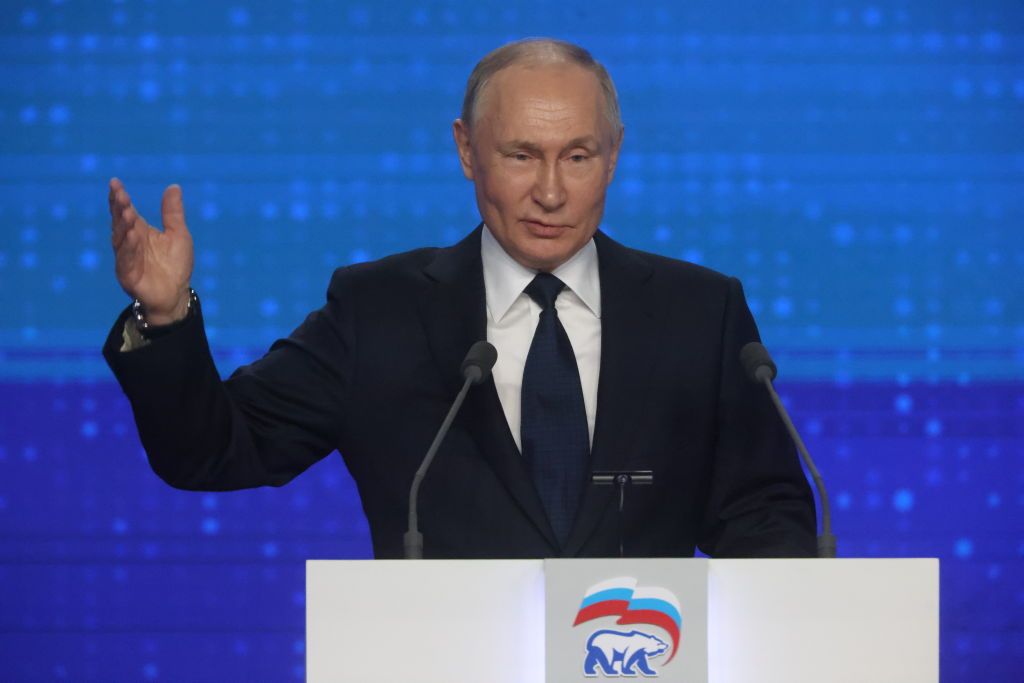Russia introduces bill to ban foreign state-funded organizations

Russian lawmakers brought forward a bill on Feb. 12 to expand the purview of existing legislation that bans so-called "undesirable" organizations from operating within the country.
The law on "undesirable" organizations has existed since 2015 and has been used to target perceived opponents of Russian President Vladimir Putin's regime, including NGOs, independent media outlets, human rights groups, and others. There are currently 137 such organizations listed as being "undesirable."
Organizations belonging to the list are banned from operating in Russia, and it is illegal for individuals or other media outlets to share their content.
The new proposed legislation would expand the list to include foreign state-funded organizations, such as media outlets like the BBC or Radio Free Europe/Radio Liberty (RFE/RL).
The bill is designed to combat "sanctions, blocked investment projects, training agents of influence, interference in Russian elections, incitement of ethnic hatred, and much more," said lawmaker Vasily Piskarev.
Piskarev added that agencies of foreign states and organizations that Russia is a member of will not be labeled "undesirable."
The Institute for the Study of War (ISW) wrote that the bill would make it more difficult for journalists from Russian opposition media outlets based outside the country and foreign outlets with Russian-language services to report on domestic Russian politics, as they would be banned from entering the country.
The bill is part of a larger Kremlin effort to "consolidate control over and stifle dissent in the Russian information space ahead of the March 2024 Russian presidential election," the ISW wrote.
It will also likely "severely restrict opposition media operations in Russia for the long term."
Many of these organizations, such as BBC and RFE/RL, are already only accessible in Russia through a VPN.
The registry of "undesirable" organizations is separate from the infamous "foreign agents" law, which the Russian state has also widely used to crack down on opposing views.
The "foreign agents" law requires organizations that receive funding from abroad or are perceived by the Kremlin to have been influenced by foreign entities to register as "foreign agents."
The label imposes strict financial reporting and self-disclosure requirements. Any "foreign agent" must undergo rigorous financial audits and label all their content with a disclaimer stating that it is being distributed by a "foreign agent."














